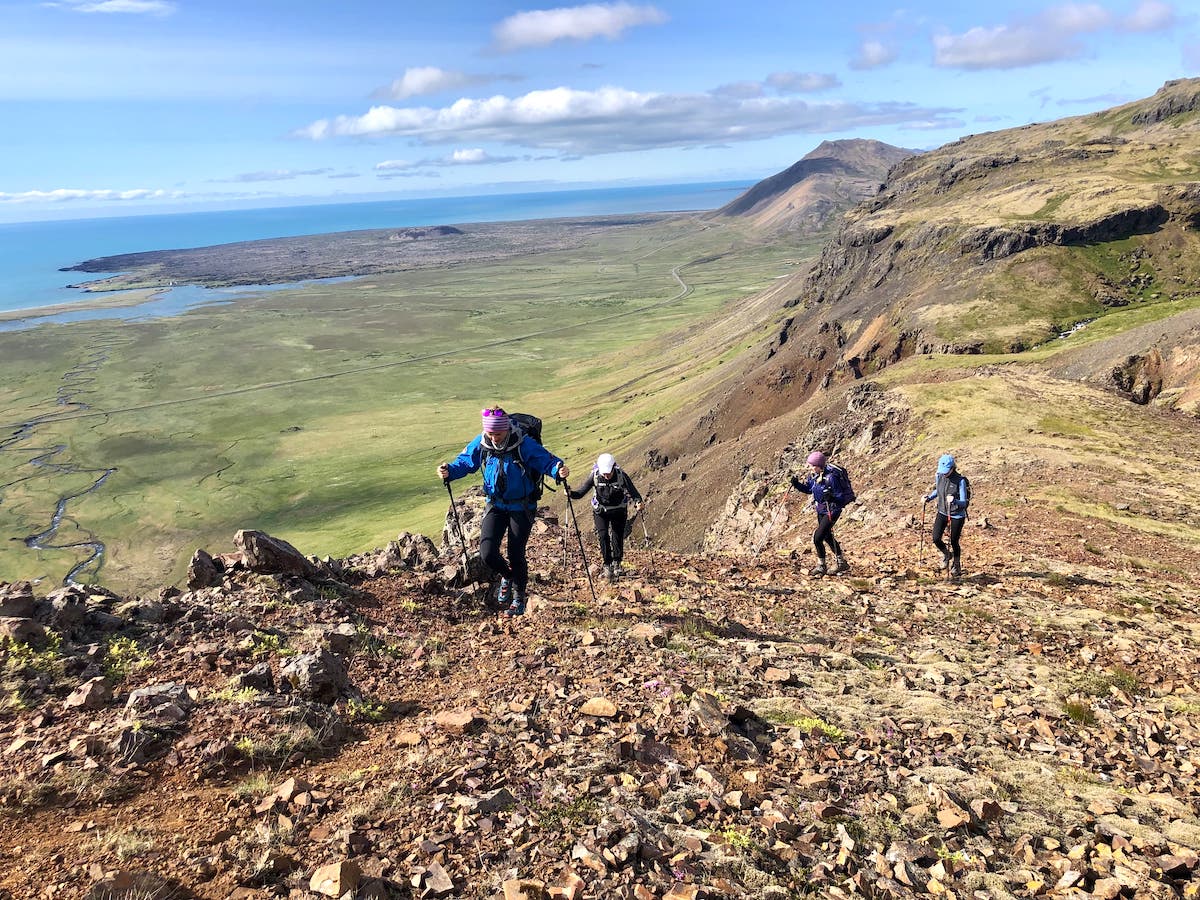
The Health Benefits of Hiking
When you are thinking about how to keep healthy where do you turn? Whether you are looking to keep a strong and healthy body through exercise, eating well, or practicing good hygiene, the question remains – how do I keep my body stronger for longer? Hiking is the answer! Hiking improves your health by boosting your immune system, not just in the moment, but for an extended time afterward. Some of this effect is easily attributed to the generic influence of exercise, but there are multiple unknowns in the study of immunology that lead us to believe that hiking is uniquely helpful in boosting your immune system and leaving you happy and strong.
Multiple studies have supported the conclusion that exercise boosts your white blood cell count, leaving your body significantly better equipped to fight bacteria and viruses. This effect is an interesting one because intense short interval exercise often leaves your body exhausted and slightly weaker in the immediate term but builds your immune response after recovering from the exercise. Sustained moderate exercise, however, causes your body to produce anti-inflammatory cytokines which reduce stress and improve your immune response through the reduction of inflammation. Long term sustained exercise, like the kind you get from a relaxing hiking trek, boosts your immune defense in a more significant way, with benefits that are statistically visible not for days but months after you exercise!
The benefits to your immunological health caused by hiking aren’t simply from the exercise boosting your white blood cell count and immune response. The Japanese immunologist Qing Li conducted a study of outdoor exercise that showed that the benefits of exercise are also caused by spending a long time outdoors. The positive health effects of spending time in nature are still somewhat of a mystery to scientists. What Li found was that the health benefits of exercising outdoors could not be replicated by exercising in simulated indoor environments or gyms! This study was largely conducted to examine the Japanese practice of “Forest Baths” which are a government-supported health practice in which patients travel to the Japanese forests to hike and spend time in nature. These sabbaticals are a traditional practice that scientists like Li are proving to have a measurable benefit to the health of patients.
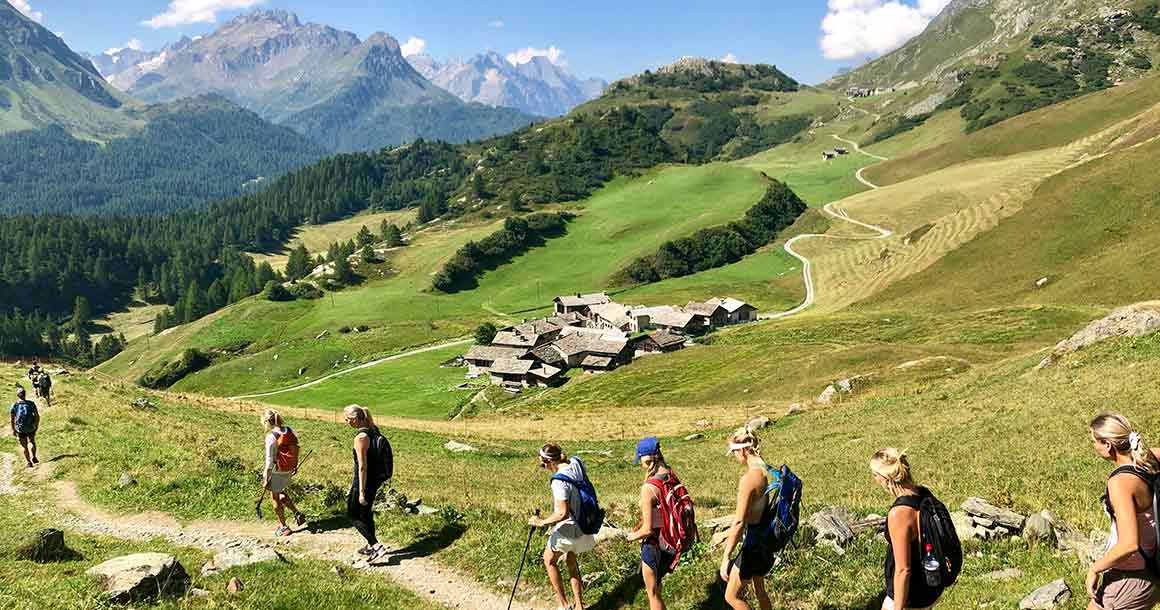
This is also a question that Edward Whymper examined in his classic adventure book “Scrambles Amongst the Alps.” The book is remembered for Whymper’s epic descriptions of attempting to summit the Matterhorn, however, it also includes a huge amount of early sociological and scientific thought which examines topics like the movement of glaciers and the health of alpine villages. During Whymper’s era, much of the understanding of the concept of disease came from what was considered bad or unhealthy air. Whymper while examining hereditary diseases in high mountain communities moved towards understanding the nature of hereditary disease by using the high alpine villages as an example of healthy air, arguing that the understood causes of disease couldn’t have been the culprit because of the cardiological health and respiratory strength of the people living in these areas. What Whymper was pointing towards here was both a further understanding of what causes disease as well as what causes good health – a similar argument to Qing Li’s studies. Spending time in nature causes a significant boost to your health and immune strength and every year we are closer to understanding this ineffable benefit to human health.
The final element of health that comes from hiking is what I would call a passion integral – the benefit to health and wellbeing caused by doing what you love. The largest relation here is with stress – if you are doing what you love stress levels reduce and as stress decreases your risk for disease decreases as well. A funny anecdotal example is my grandfather. Classically my grandfather believed that nothing could be worse for your health than exercise. Obviously, he wasn’t entirely correct on this point – yet he lived to be 95! It’s always been our belief that it was his passion for music and his work as a conductor that kept him in such high health that he was conducting in Carnegie Hall on his 90th birthday. All of this is to say, remember to do what you love! It will keep you healthier in the long run.
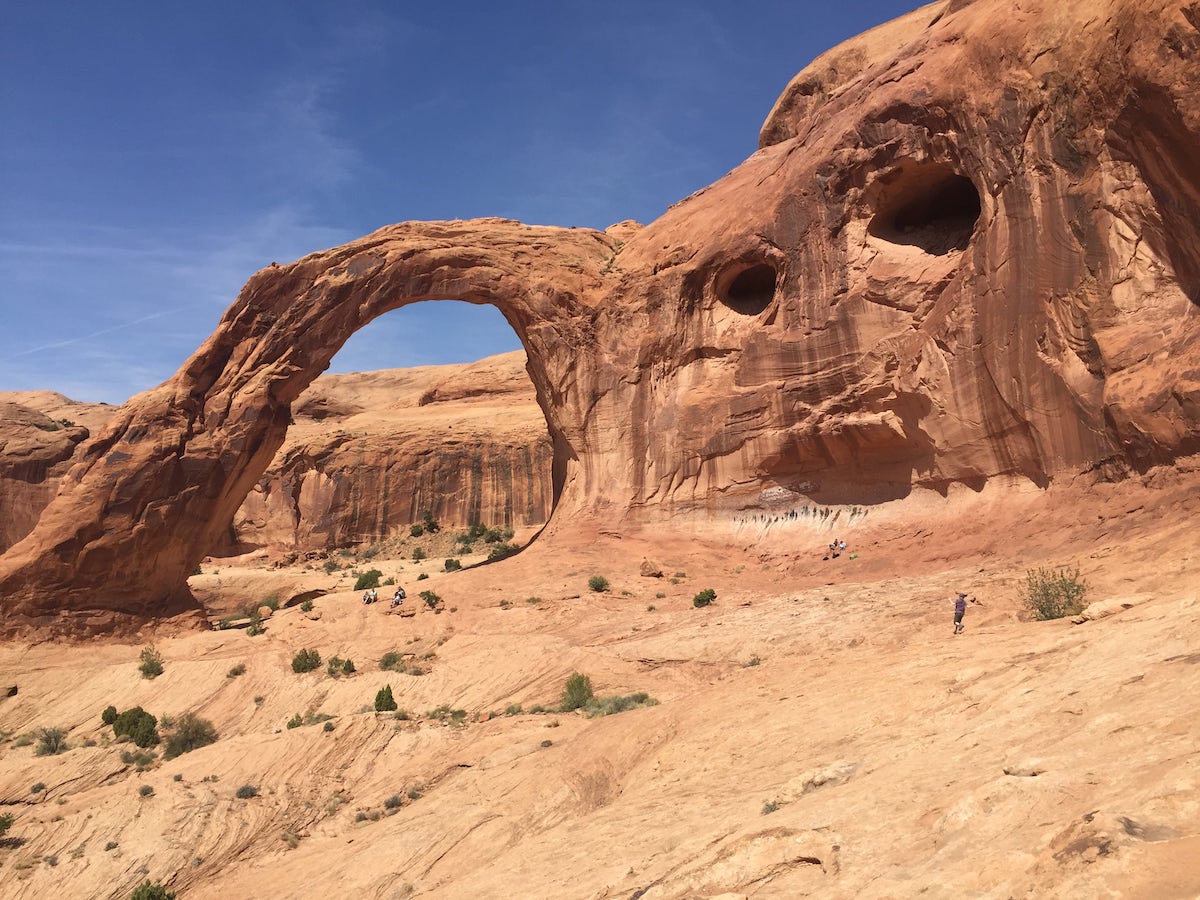
Ready to stay healthy via your love of the trail? Check out all our guided trips here and self-guided trips here. We look forward to seeing you on the trails soon!
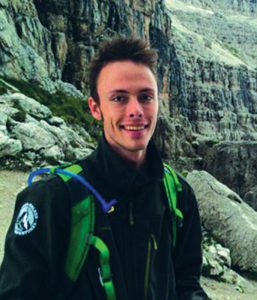

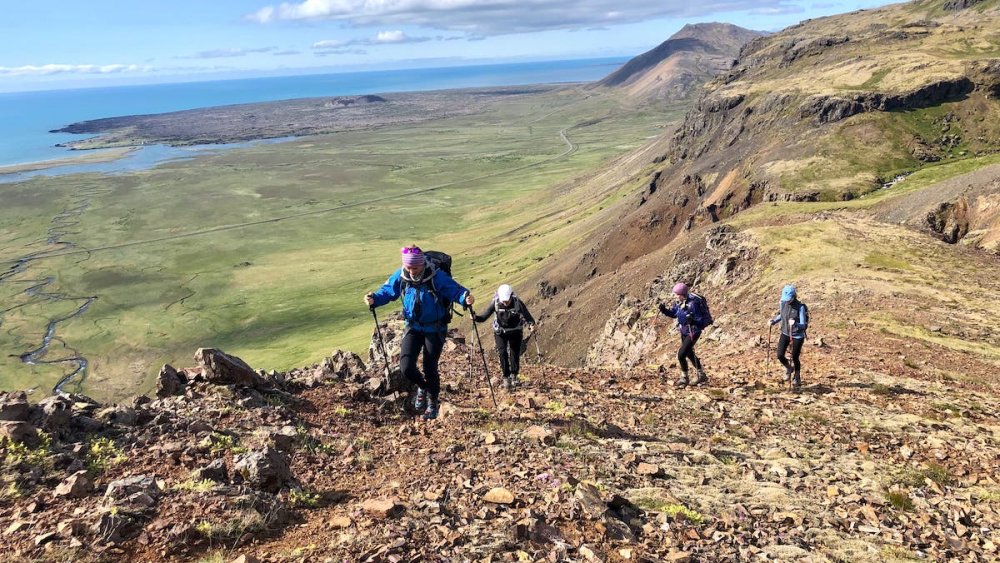

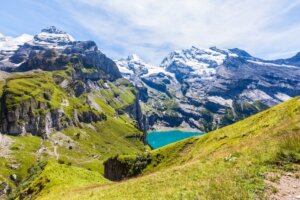
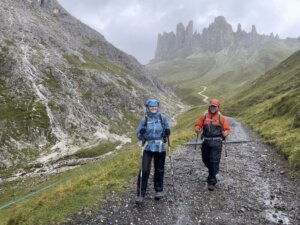



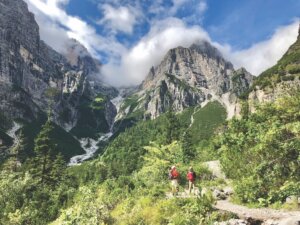
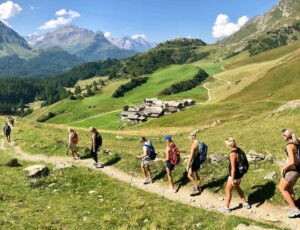



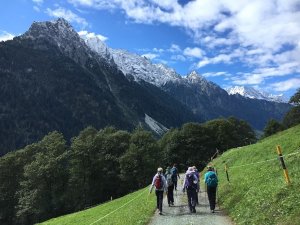







Comments are closed.